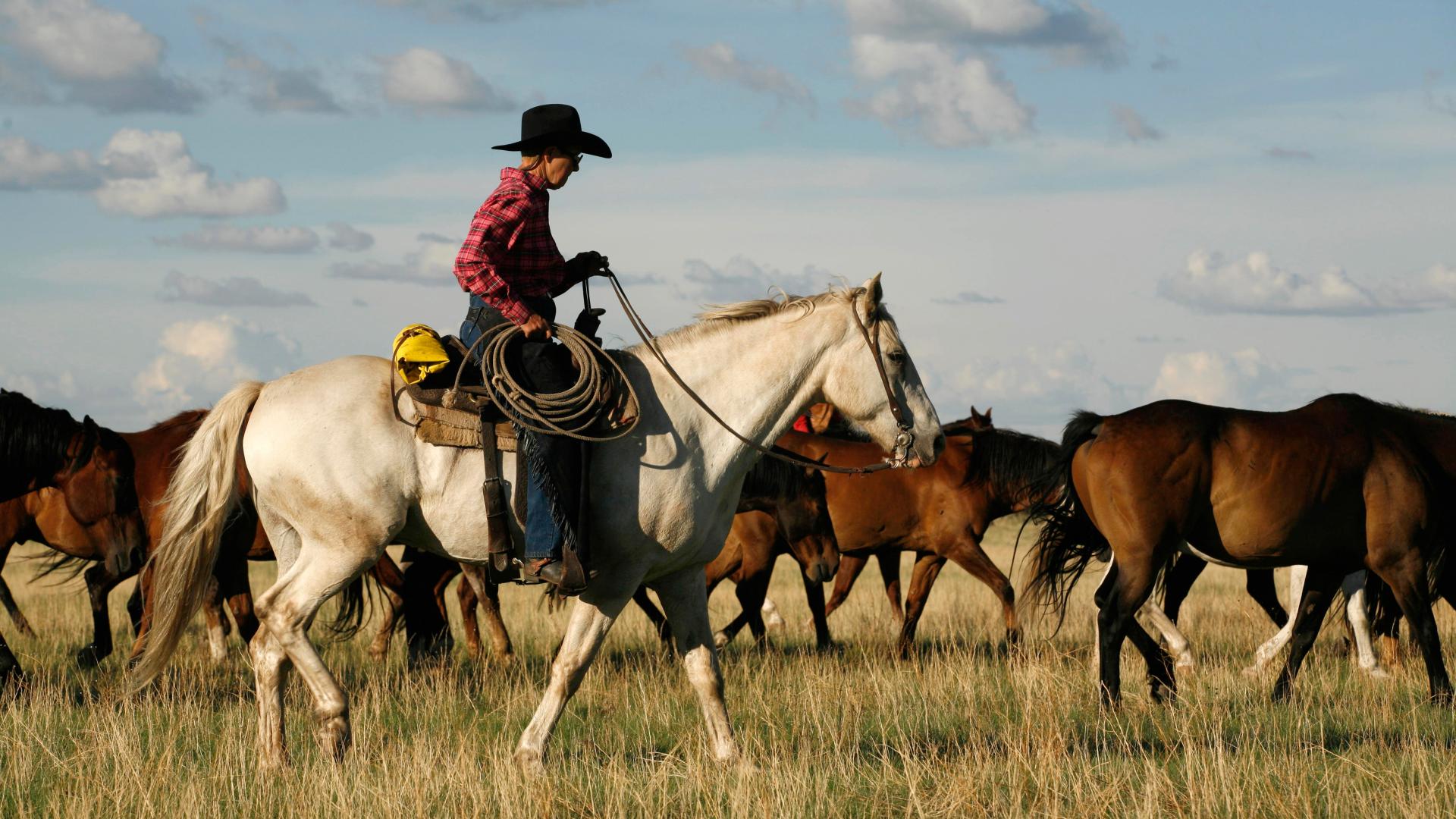
- Body
Overview
Beyond economic goals, many ranchers also value the culture of ranching and work to manage in a way that balances conservation of natural resources and livestock production. How do ranchers balance economics with conservation values? What is meant by cultural values and why are they important? Economic, conservation, and cultural issues are linked. Many studies have been conducted to understand what drives ranchers to continue ranching. The economics of ranching are difficult: ranchers are dependent on many outside forces for their income, from livestock markets over which they have no control, to year-to-year variations in weather that can affect both the long-term and short-term productivity of a ranch. At the same time, land in many rural areas continues to increase in value and is ripe for development. Given these challenges and opportunities, why do ranchers continue ranching? For many ranchers it is a combination of culture and conservation. Surveys of ranchers show that those that continue working in ranching do it because they like the lifestyle, tradition, and community around ranching. Other research shows that ranchers who use public lands also tend to have strong conservation motivations. The resources included below provide more information about what motivates public lands ranchers and why they continue to ranch.
Videos
California Ranchers Provide Scenic, Open Spaces
California ranch families do more than raise food for the public--they provide the scenic views and open spaces we enjoy and preserve wildlife habitat. Ranchers Holly Foster of Robert Foster Ranch and Marty Williamson of Boston Ranch show why they love what they do as California ranchers.
Additional Links
- NRCS 2005. Interpreting Indicators of Rangeland Health.
- Invitation to the Radical Center. Quivira Coalition Accessed 3/15/2020.
- McSweeney, Alice M.; Raish, Carol. 2012. Social, cultural, and economic aspects of livestock ranching on the Santa Fe and Carson National Forests. Gen. Tech. Rep. RMRS-GTR-276. Fort Collins, CO: U.S. Department of Agriculture, Forest Service, Rocky Mountain Research Station. 199 p.
- Raish, Carol; McSweeney, Alice M. 2003. Economic, social, and cultural aspects of livestock ranching on the Española and Canjilon Ranger Districts of the Santa Fe and Carson National Forests: a pilot study. Gen. Tech. Rep. RMRS-GTR-113. Fort Collins, CO: U.S. Department of Agriculture, Forest Service, Rocky Mountain Research Station. 89 p.
- Rowe, H. I., E.T. Bartlett, and L.E. Swanson, Jr. 2001. Ranching motivations in 2 Colorado Counties. J. Range Manage. 54: 314–321.
- Teegerstrom, T. and R. Tronstad. 2016. Arizona Ranching Budgets.
- The Radical Center: The Malpai Borderlands Group and the Future of the Western Range. 2019.
Further Reading
- Rimbey, N.R., Tanaka, J.A., and Torell, L.A. 2015. Economic considerations of livestock grazing on public lands in the United States of America. Anim Fron 5(4): 32–35.
- Vincent, C.H. 2019. Grazing Fees: Overview and Issues. Congressional Research Service Report RS21232: 15.
- Steven R. Woods, George B. Ruyle, Informal Rangeland Monitoring and Its Importance to Conservation in a U.S. Ranching Community, Rangeland Ecology & Management, Volume 68, Issue 5, 2015, Pages 390-401, ISSN 1550-7424.